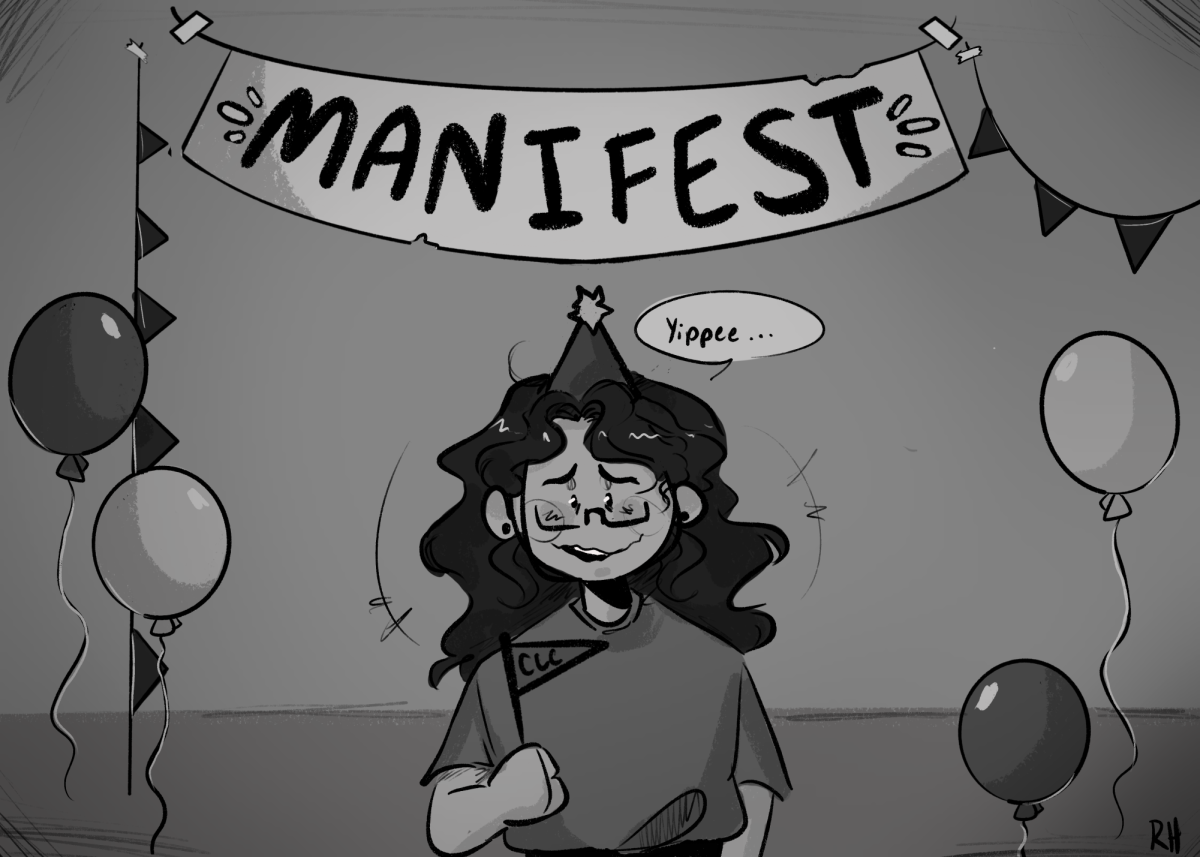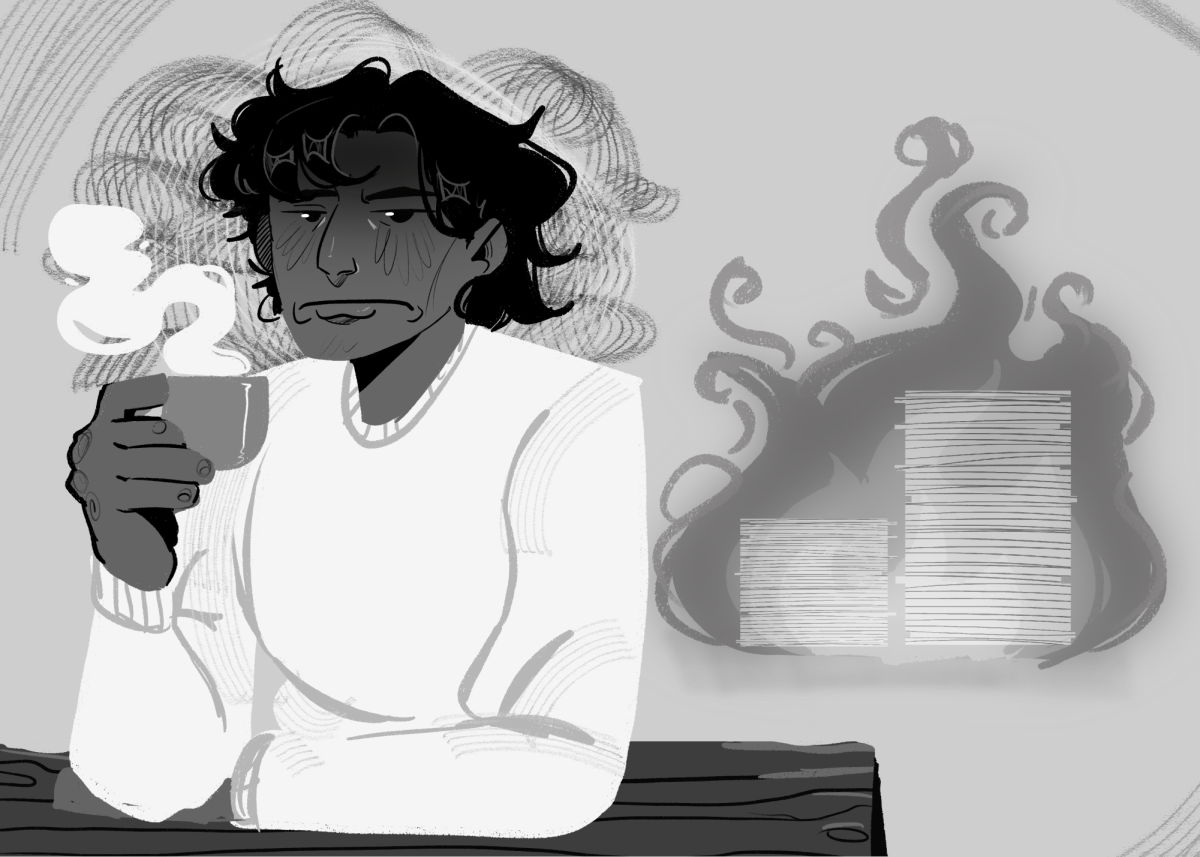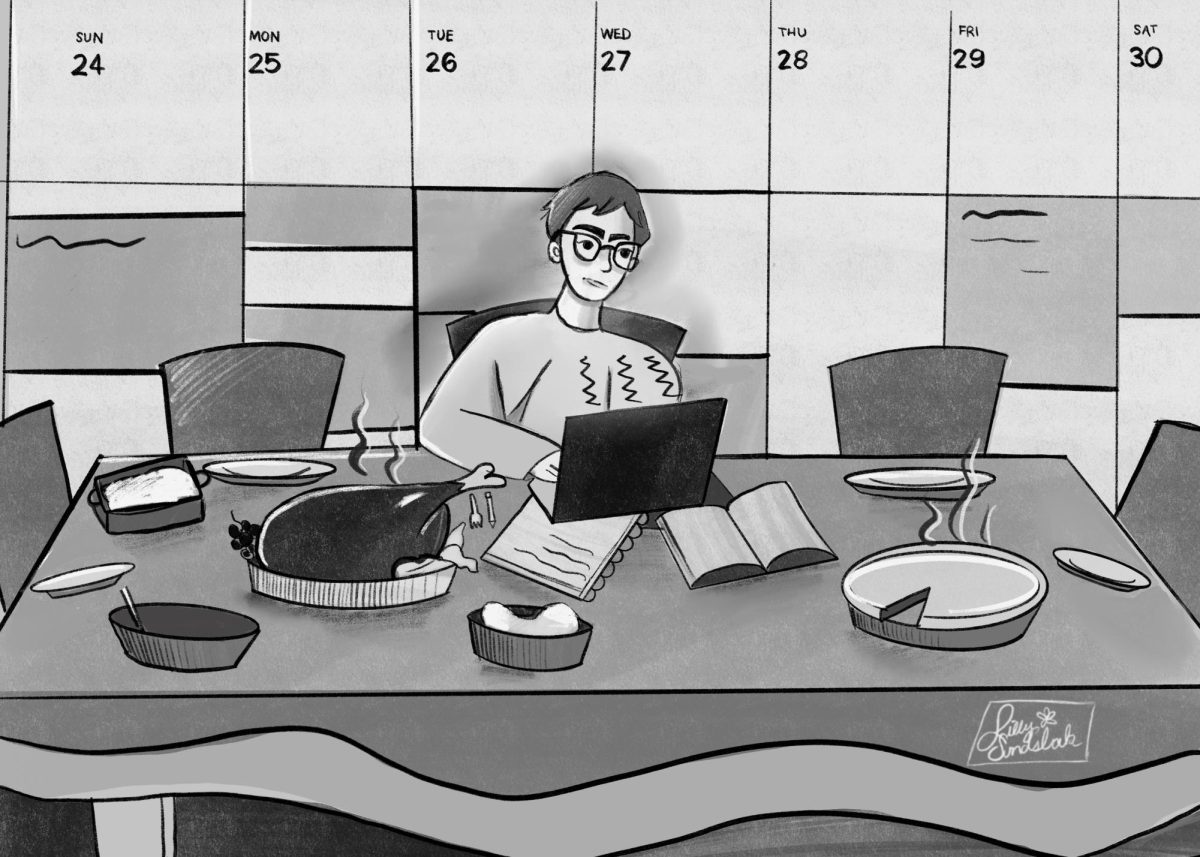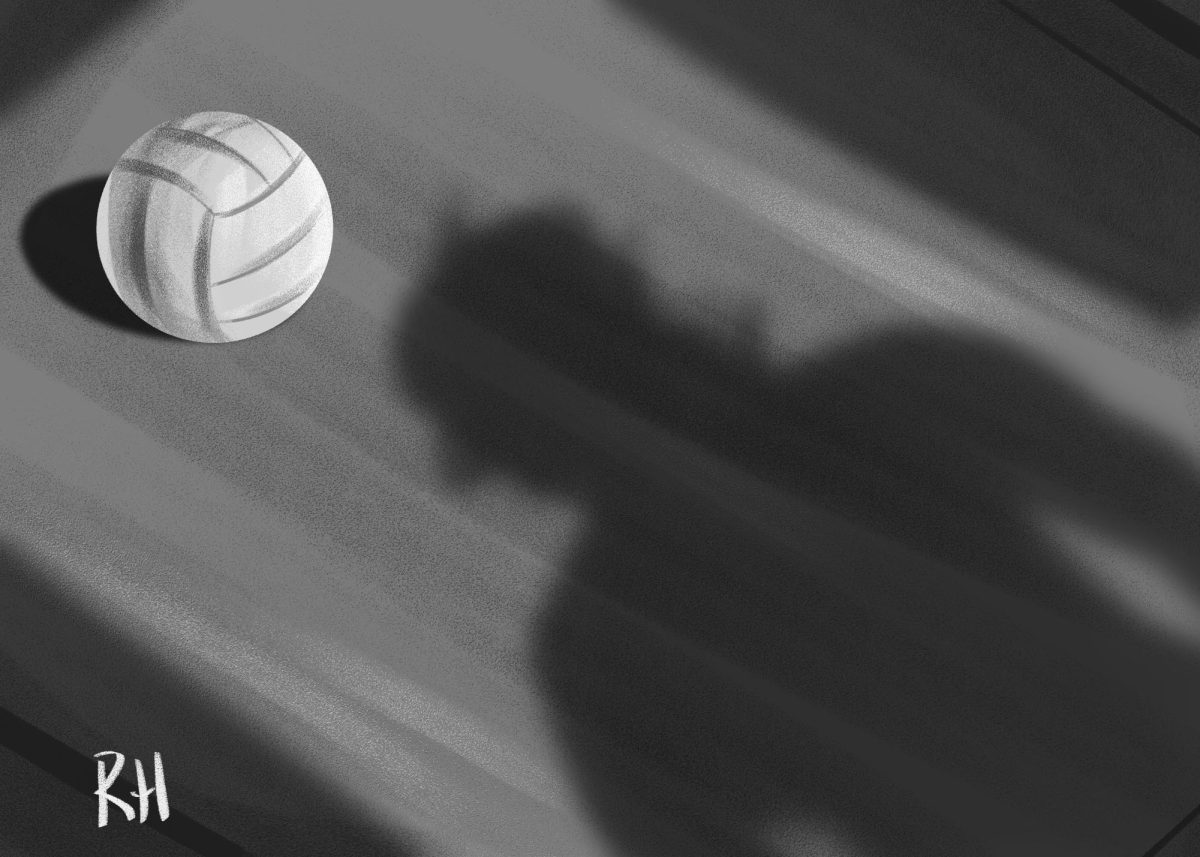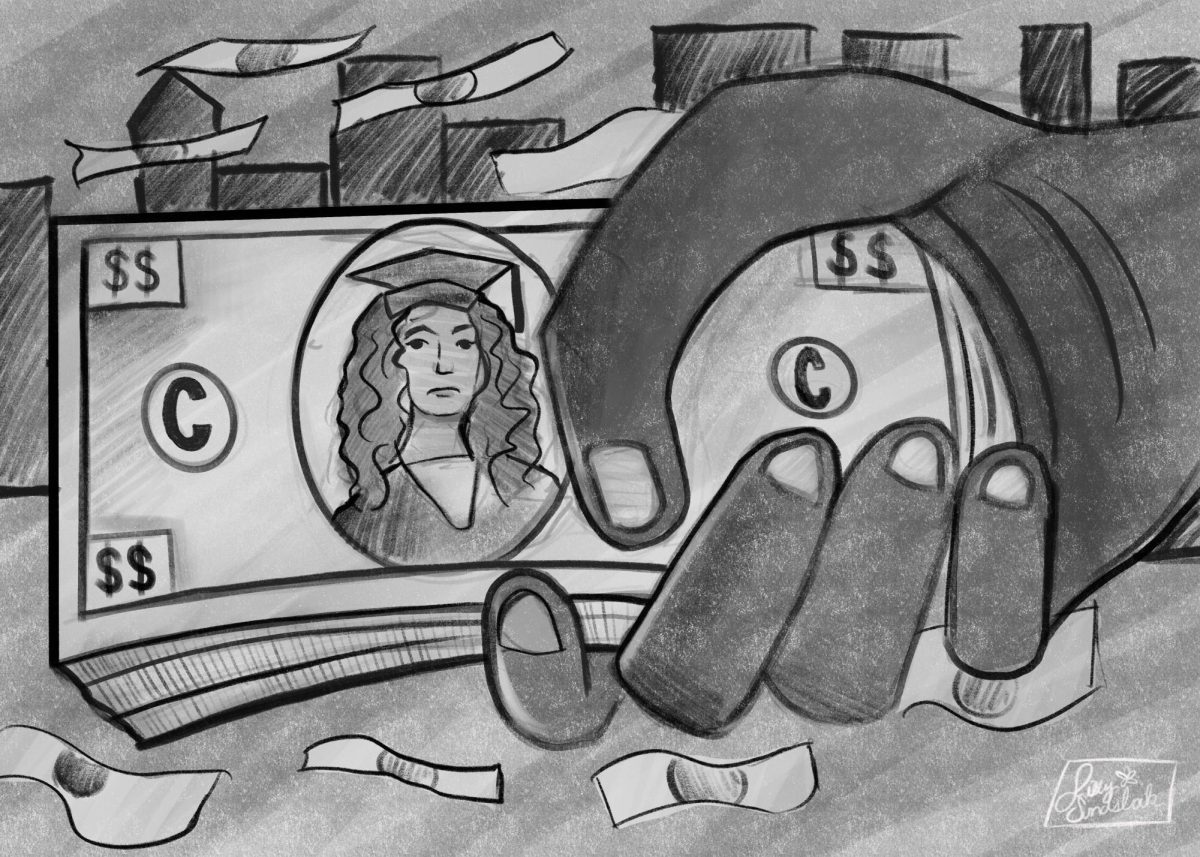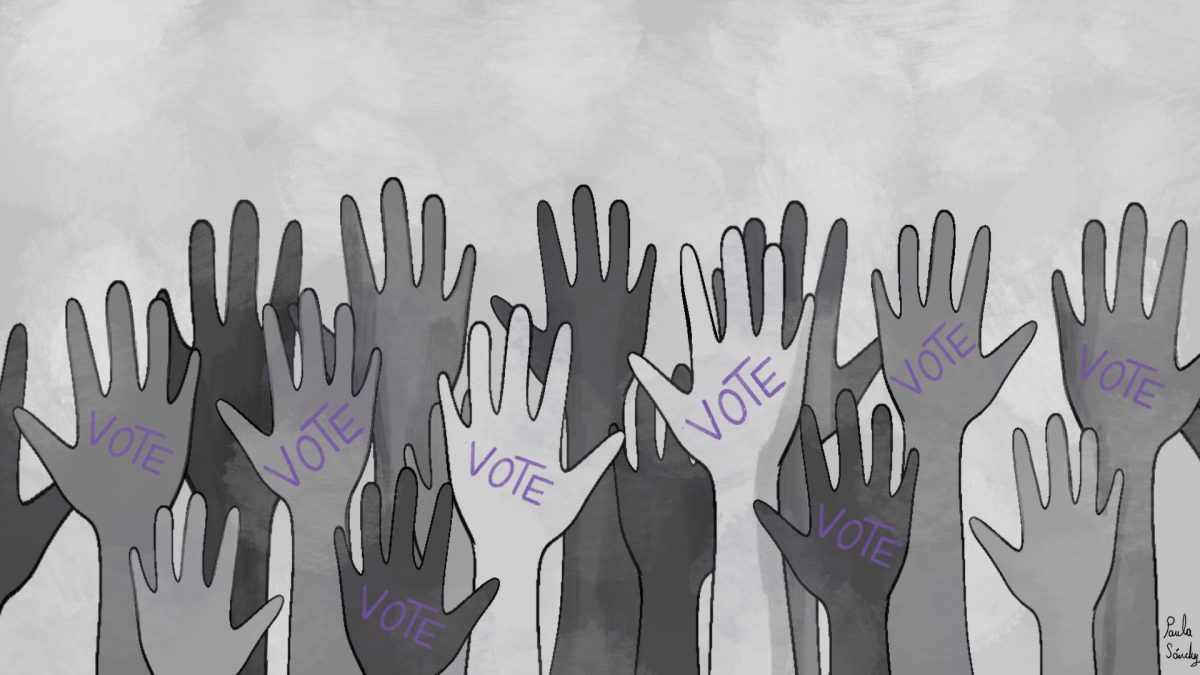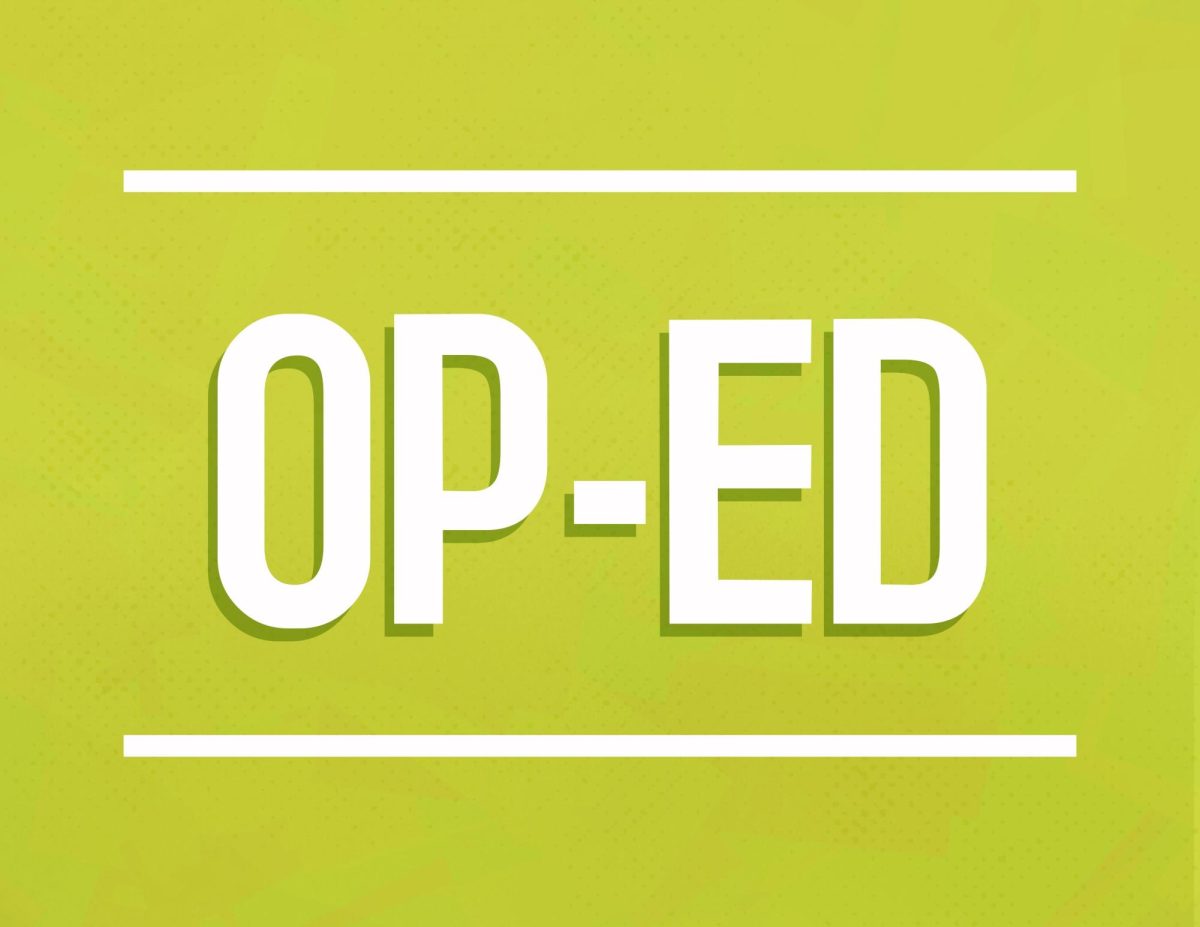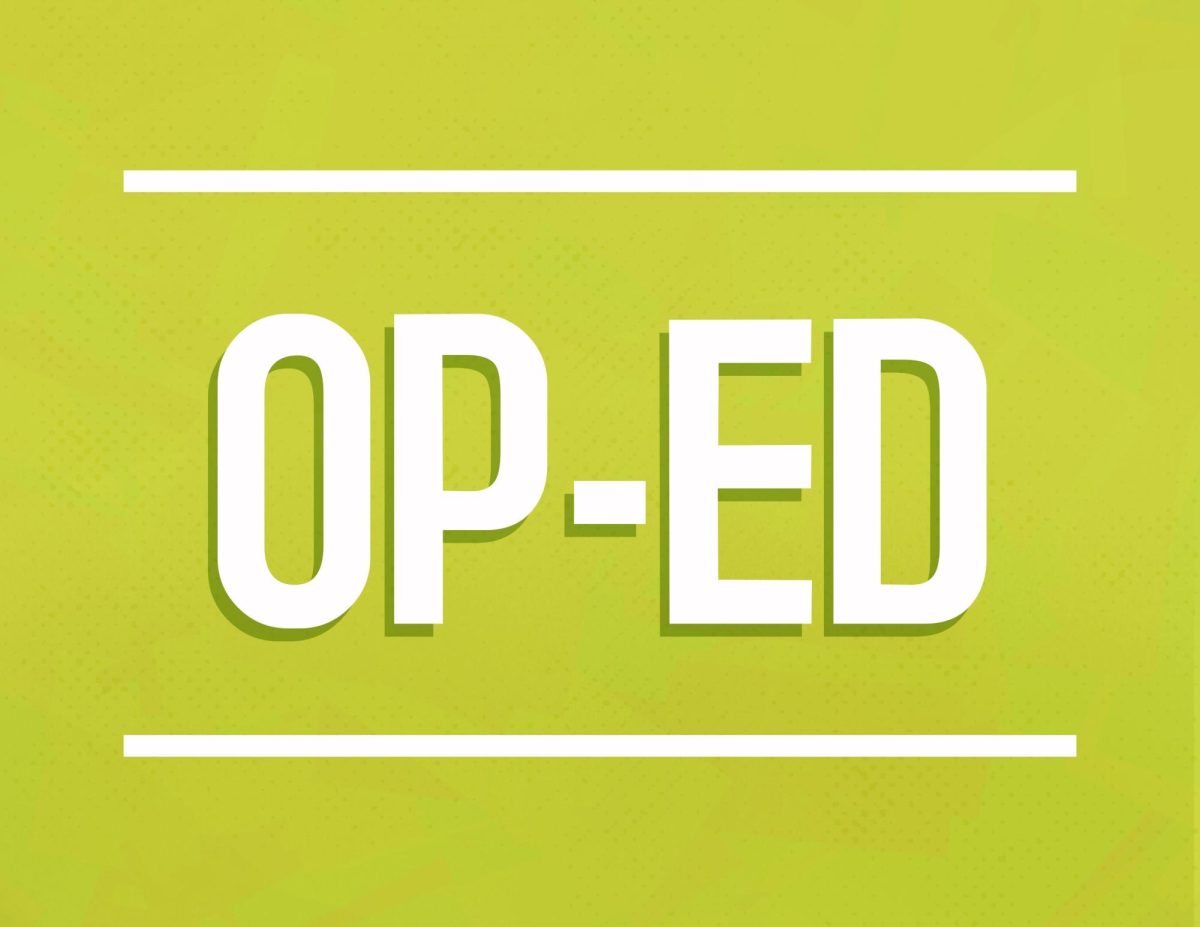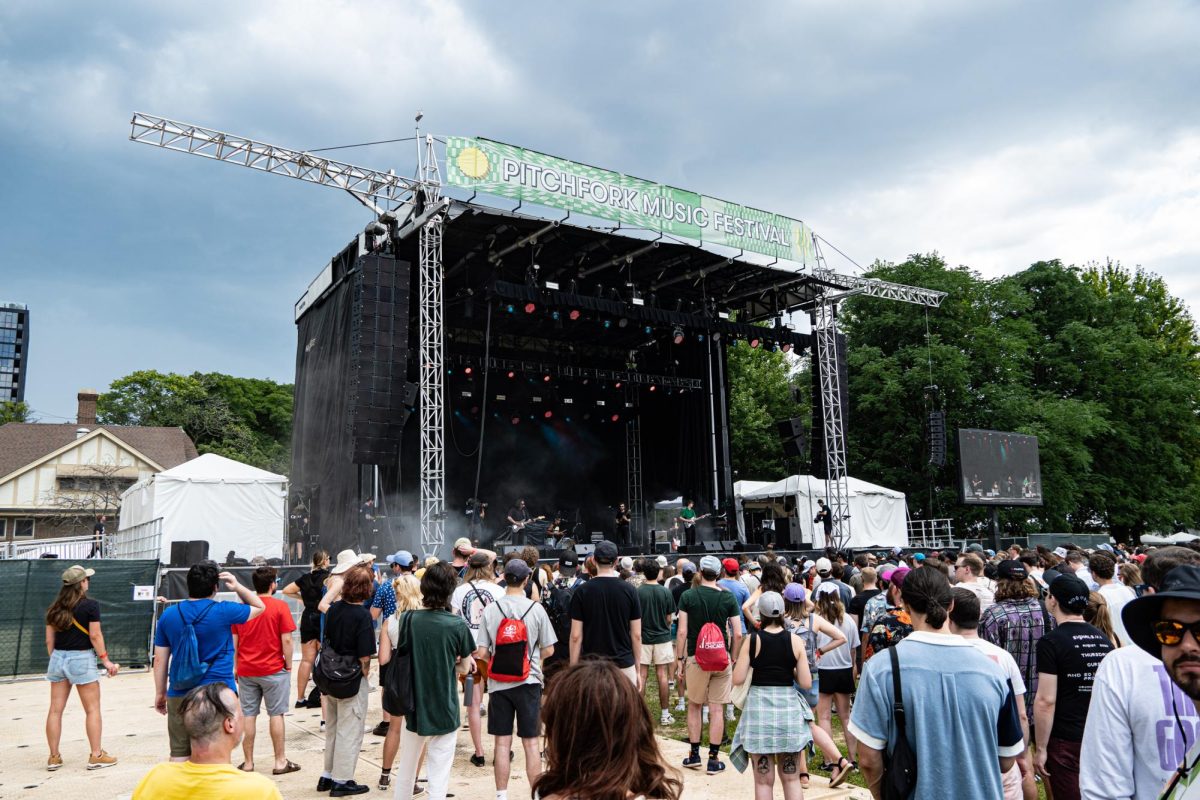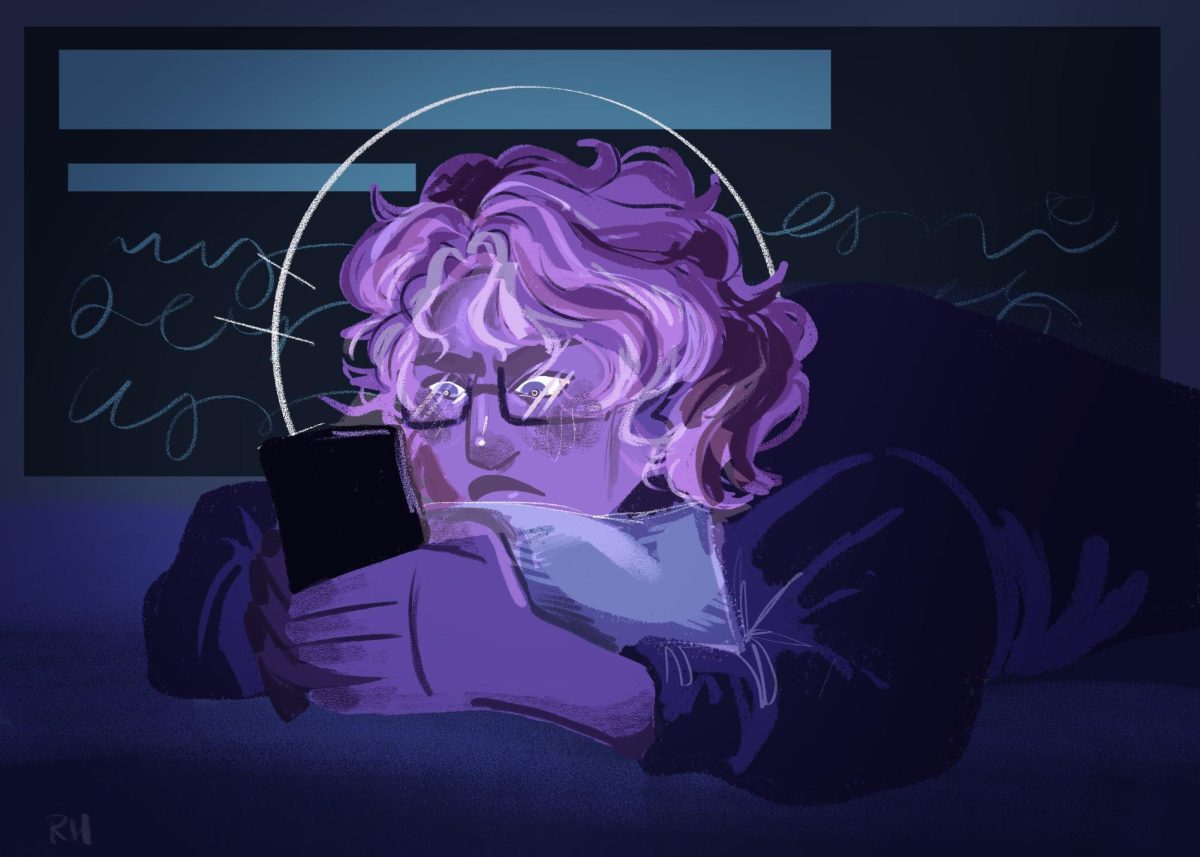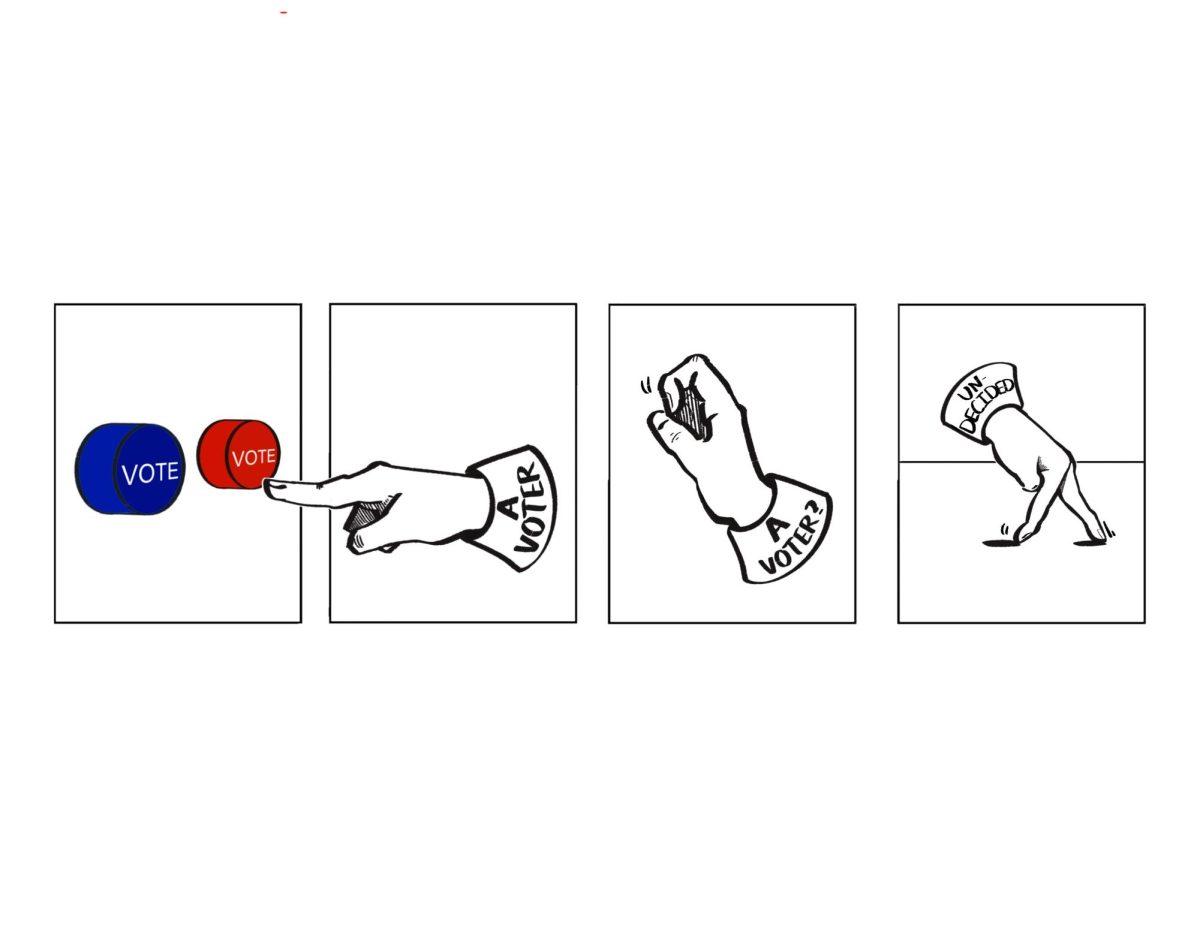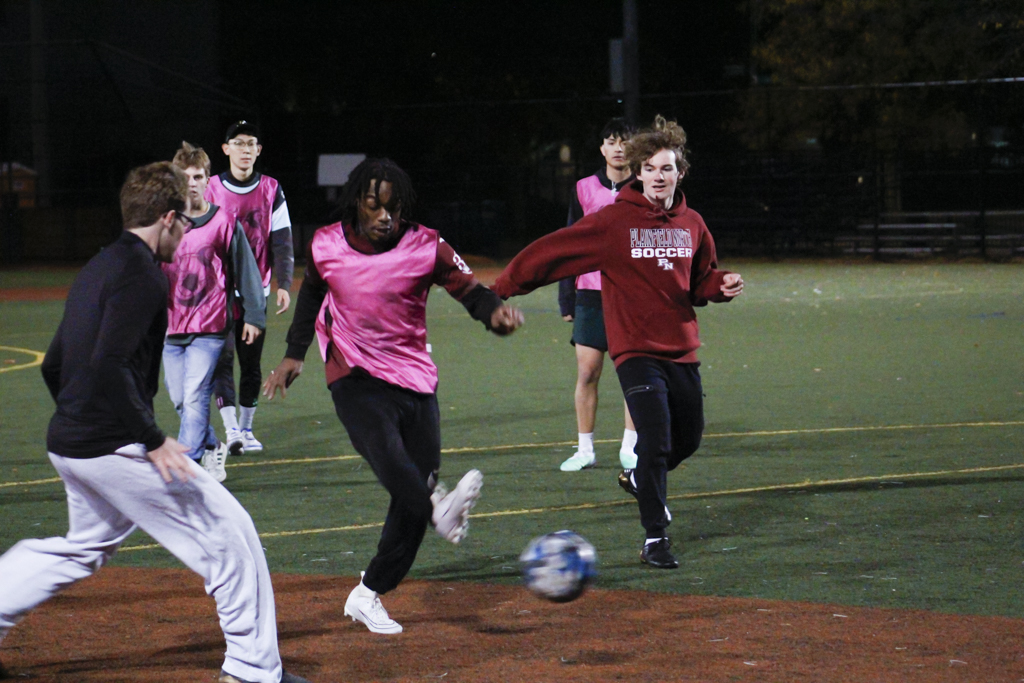To combat a $38 million deficit, the college is reconstructing the curriculum and laying off staff and faculty. President and CEO Kwang-Wu Kim detailed the potential cuts in an email sent just before Spring Break. He outlined $17.3 million in cuts for the upcoming fiscal year starting Sept. 1. Among them, he said the college may need to make changes to convocation, parent’s weekend, orientation, commencement and Manifest, an end-of-the-year celebration, showcasing student projects.
These events are organized through the Student Affairs Office, which provides various programs to enhance students’ experience at the college. With a reduced staff, that office cannot provide the same level of support for these kinds of events.
For many students, Manifest is a big draw to come to Columbia, bringing artists together to showcase their projects they’ve been working on throughout their college career and to network and engage with their college community.
Although these programs enhance the student experience, scaling back on the production is necessary if the college wants to continue to have events like this in the future and to avoid cuts in academics.
This year, the graduating class is largely made up of students whose high school graduation has been canceled because of the COVID-19 pandemic. Fortunately, the proposed changes will not affect the graduating class of 2024.
What’s more important when evaluating cuts is to make sure students are able to take courses in their discipline, graduate with their allotted credits in a timely manner, and to save faculty positions.
We can imagine smaller commencement celebrations in the Student Center or other spaces on campus that are more intimate and do not require rental costs of large event spaces. The college can also go back to having the ceremony at the Auditorium Theater at Roosevelt University. All the whilst, Columbia’s musical groups can still perform, providing the festive, non-traditional atmosphere that is a trademark of our graduation ceremonies.
Manifest is already going to be a smaller event this year. Columbia has ample space it already owns in which to showcase student work, though we understand the appeal of a large urban street festival.
Columbia’s most important function is its commitment to educate students who will communicate creatively and shape the public’s perceptions of issues and events and who will author the culture of their times.Times are rough financially for many of the industries where students will enter with the various strikes in multiple industries, from The Writer’s Guild, to SAG-AFTRA and media layoffs. Learning to be fun and creative on a reduced budget is a real life lesson that creative industry professionals need.
In this rocky time, the college is facing a lot of uncertainty, but what needs to be certain is the quality of education students are receiving and if the cuts need to be allocated towards the end of the year celebrations to ensure that academics are not affected then it must be done. Students will still walk the stage to receive their diploma, even though what that may look like in the future is not yet solidified.
The college is hosting a series of Zoom feedback sessions the first and second weeks of April for the president’s draft advisory report. It is open to all faculty, staff, and students. Students should attend the event to understand the current decisions of the college and to use their voice to enact change when it comes to their college experience for the upcoming years.


